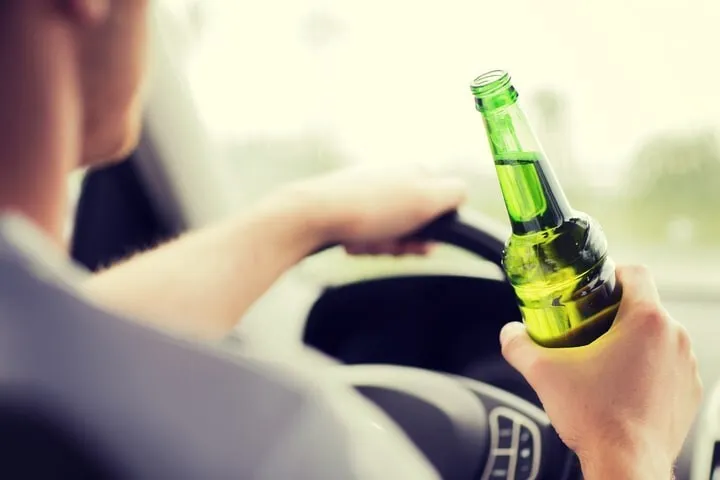

After being injured in a drunk driving accident, it’s common for claimants to wonder what their settlement is worth.
While many sources claim to provide the average settlement for a drunk driving accident, these figures are often misleading.
How do you calculate the value of a claim? Here are a few reasons why you shouldn’t rely on online averages.
We’ll also touch on the different factors that go into determining a settlement.
Why an Average Settlement for a Drunk Driving Accident Isn’t a Good Estimate of Your Claim
While there’s nothing wrong with researching the average settlement for a drunk driving accident in New Jersey, averages tell only part of the story.
One reason for this is that many averages leave out a huge portion of settlements that remain confidential. Another reason is that cases vary widely in value.
As a result, an average settlement for drunk driving claims tends to be either much lower or much higher than any given case.
How New Jersey Law Affects Settlement Amounts
To calculate an accurate estimate of your settlement, it’s important to understand how New Jersey law plays a role in determining damages.
For example, New Jersey is a no-fault state, which means that claimants must first pursue compensation through their own insurance policy, specifically under their personal injury protection or PIP coverage.
When signing up for auto insurance in New Jersey, the minimum amount of PIP coverage required by law is $15,000.
Another way state law affects the average settlement for a drunk driving accident is through its negligence laws.
Currently, New Jersey follows a modified comparative negligence doctrine.
This means that a claimant may pursue damages only if they are no more than 50% at fault. But keep in mind that partially at-fault drivers also have their damages reduced by their percentage of fault.
For example, if you have $100,000 in damages and are 25% at fault, you may receive a maximum of $75,000.
What Happens If Your Damages Exceed Your PIP Coverage?
What happens if your damages exceed your personal injury protection?
Generally, the state of New Jersey doesn’t allow claimants to sue the other driver unless they have a permanent injury.
However, this depends on whether or not you choose a limited right to sue or an unlimited right to sue when signing up for auto insurance.
By default, many opt for the limited right to sue without knowing how it affects a future claim.
Currently, those who opt for a limited right to sue on their auto insurance policy cannot bring an action against the person who caused the accident unless they:
- Lose a body part
- Have significant disfigurement
- Sustain a displaced fracture
- Lose a bodily function
- Lose a fetus
In these scenarios, the limited right to sue doesn’t apply. This is why it’s essential to document your injuries as soon as possible after the accident.
If You’ve Been Injured by a Drunk Driver, Don’t Hesitate to Call
At Wiley Lavender Maknoor, P.C., we know what is at risk for those injured by drunk drivers.
These accidents are often serious and result in lifelong complications or trauma.
For this reason, we aggressively advocate for the well-being of DUI accident victims.
If you have questions about the average personal injury settlement for a drunk driving accident or want to discuss your claim, call us at 732-494-6099.
 Google Screened
Google Screened
